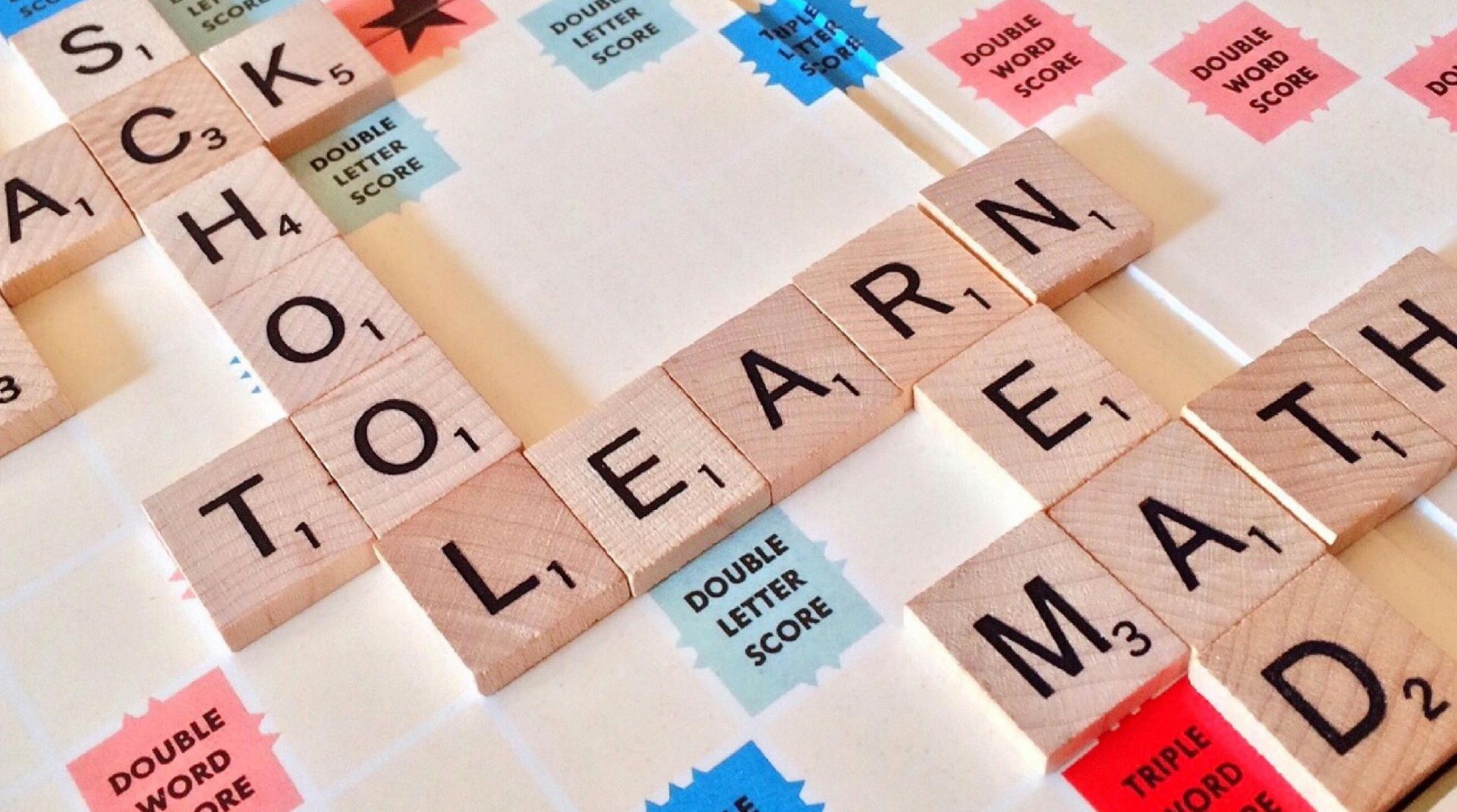
Often conflated, there are very distinct differences between the three, and they really should be separated.
Learning is something that is done every day, it is the process of acquiring knowledge, skills, attitudes, or values through study, experience or teaching. Learning happens in both structured and informal environments, through observation, listening, or other everyday experiences.
As Albert Einstein once said, ‘Once you stop learning you start dying’, the reason for which is we learn something new every day, whether it is the current cost of fuel or that we may witness a supernova this year, or even that your neighbour will soon be having fresh eggs daily as they now have chickens in their garden. No matter how insignificant, you have learned something new, sometimes without even noticing, every day.
Education is a systematic process of facilitating learning, or the acquisition of knowledge, skills, values, beliefs, and habits, and can be provided through a structured or informal programme. Education typically involves the active seeking of knowledge, learning, understanding, and applying it once found.
Applying the well-known saying by Miles Kington ‘Knowledge is knowing that a tomato is a fruit; wisdom is not putting it in a fruit salad.’, we can see learning as gaining knowledge and education as gaining wisdom.
School is an institution designed to provide education to students under the supervision of teachers. The school system in place worldwide is massively influenced by the Industrial Revolution in the 18th and 19th centuries, where there was a rising need for a disciplined, punctual, and literate workforce. School adopted a ‘factory model’ with structured schedules, standardised curriculums, and hierarchical teacher-student relationships, mirroring the organisation of factories.
The demand for a basic level of education for all citizens grew, leading to the establishment of compulsory education laws in many countries. This was intended to prepare children for a life of industrial work, instilling values such as obedience, punctuality, and the ability to follow instructions.
Knowing now what the differences are, how do you choose what you want for your child, or even for yourself? Well, learning is a broad, ongoing process that can happen anywhere and anytime, as is education, with the only exception being that the latter has a bit more structure.
Education does not necessarily involve formal assessments; however, it does involve a process and system of imparting knowledge and skills, a structured approach to facilitating learning. That structured approach, does not however, have to look like a school wherein a child is expected to sit in a room, at a desk, and simply fit in with the day’s knowledge dissemination.
While schools have a place to educate the many, it does so by restricting the curriculum to what governments and teachers feel their students have to know, as their time with them is limited, as are their resources. Unfortunately, as comprehensive as the curriculums try to be, their ability to also impart critical thinking, creativity, spontaneity, innovation, wisdom, problem solving, emotional intelligence, freedom of thought, good judgement and action, is limited.
The reason for this limitation is simply that there are very few written exams that can be taken for them. These are lessons that are valuable for teen and adult life, and yet are almost impossible to teach and evaluate in a restricted school setting.
In addition, any student that doesn’t exactly align with their teacher’s pedagogy, could find themselves either bored or stressed depending on their ability to grasp a concept or subject. Either emotion can lead to a failing of tests which will only add to any stress the student was already feeling.
Is it not simply incredulous that in the space of 55 years, technology has improved to the point where an iPhone has 100,000 times the processing power than the computer that landed man on the moon in 1969, and yet the school system remains the same, imparting standard teachings so that students can pass standard tests?
Home educated children have the opportunity to engage in subjects they may not have had to opportunity to in a school setting. No two people are the same and we all have strengths and weaknesses in different areas, and yet we are expected to all pass standard tests to move on to the next level of school or earn requisite certificate. In addition, students are pigeon-holed in school based on their abilities whereby someone who shows strength in say, Maths, would be pushed in the direction of academia, rather than allowed to pursue non-academic subjects that they may enjoy more. Imagine a world where Brian May had been restricted to only science by his parents and peers?
As the world has progressed with its technology, classes such as woodworking, metalworking, and so on, have all but disappeared, which marginalises not only those that have a particular interest but also everyone’s ability to be more practical at home. Why shouldn’t we all know how to trace the electrical cables hiding in the walls so that we can safely use a drill and hang a floating shelf?
Schools are also there to serve as a social setting, providing an environment where students interact, collaborate, and develop social skills. This too, however, is restrictive as students tend to only interact with those in their own class, and even then, generally those that they are seated near on their first few days of school.
The old adage of ‘you are the company you keep’ really shows when your child is essentially trapped in a social circle that is not necessarily of their choosing, or yours, and you can only hope that they have ended up with a group that is supportive, with good morals, and so on. Essentially, once your child walks through the school doors, you have no control over who they spend time with, what they discuss, how they are treated by their peers, or how they treat others.
Children that are home educated have the opportunity to interact, collaborate, and develop social skills with people of all ages and backgrounds, and will form meaningful friendships and relationships that will continue well after their education years finish.
Home education facilitators, whether it is a parent, a caregiver, or even a group of parents that take turns, fill a role that is so much more than the formulaic teaching that happens in school where teaching is geared to ticking off boxes to achieve attainment tests for the national curriculum.
Home education does not have to have a desk or designated work area, nor does it have to have a timetable. It simply needs a willing facilitator; someone who is prepared to invest their time in their child’s future, giving them the tools to be educated.

